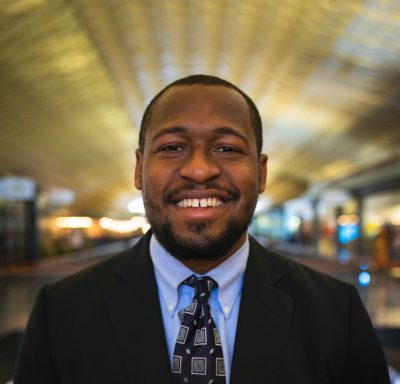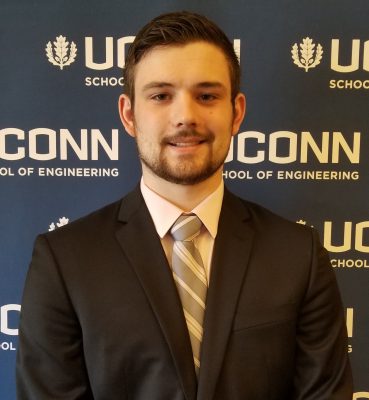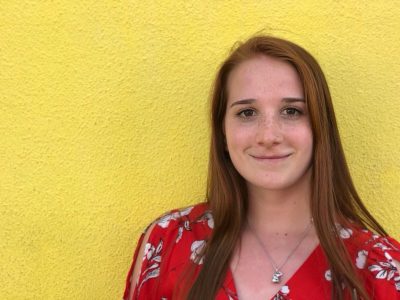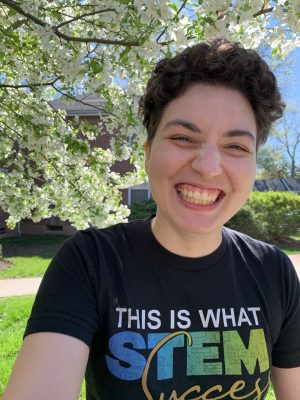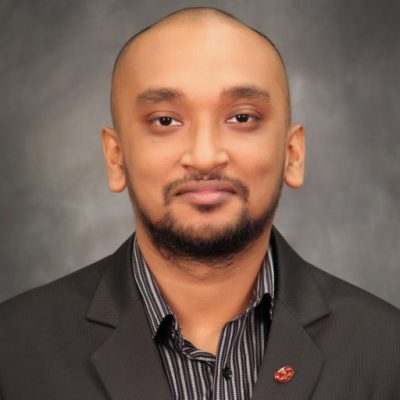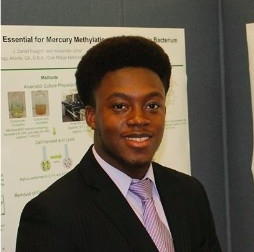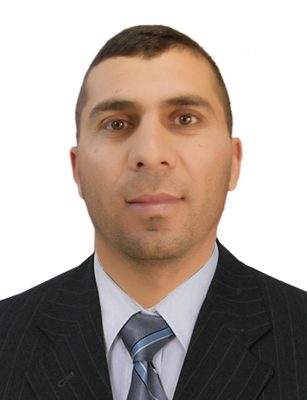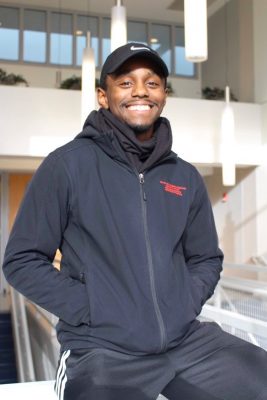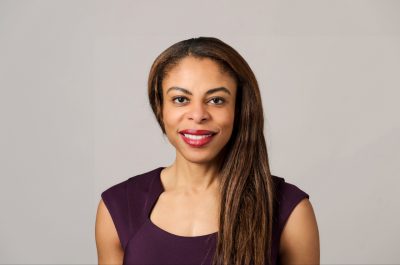
Uchenna Anene is a final-year PhD candidate in Chemical and Biomolecular Engineering. Her background is multidisciplinary, with an added focus in Chemistry, Biology and Materials Science.
Her current research uses computational methods based on quantum mechanics and machine learning to model different material properties at the atomic level, such as adsorption and adhesion. These are used to guide and accelerate the design and development of new materials.
Such facilitates design strategies of metal-organic framework STAM-17-OEt for gas adsorption, as well as an understanding of the properties needed for strong epoxy-copper adhesion to prevent delamination on electronic devices.
Ultimately, Anene’s research implements computational studies to guide new scientific discoveries that improve our health and the way we live.
Outside of research, Anene is active in several communities, including the American Chemical Society (ACS), NOBCChE, Engineering Diversity and Outreach Center (EDOC), and the Learning Community Innovation Zone (LCIZ) Makerspace. The latter provides hands-on learning that assists in creative ideas, problem-solving and prototyping.
As a LCIZ Makerspace Fellow, Anene works with the undergraduate Maker Specialists to develop workshops that include soap making, laser cutting, sewing, constructing heat pads, masks, and wiring electronics. She enjoys working with undergraduates to “bring them into the space,” and “get them excited about being curious.”
She co-chaired the LCIZ 2021 Women in Making: Global Making Forum, which highlighted the successes and challenges of the Women Maker movement. The forum identified barriers and discussed best practices through an array of panel discussion and skill-building workshops.
She co-developed a seminar for the 2021 Women’s Advance Conference that touched upon the same topics.
Anene has also had a hand in the development and instruction of a course for underrepresented women in STEM, ‘BOSS LADI.’ This acronym is short for ‘Building Our Sistas’ Strength, Leveraging Adversity, Diversity and Intellect.’
The course aims to increase retention and ensure the overall success of UConn’s female STEM students by providing the tools necessary to help them develop positive STEM identities, excel as student-leaders and transition to graduate school.
Anene enjoys participating in projects designed to implement positive change and increase awareness of the barriers faced by women. In engaging the UConn community with guest speakers and panel discussions, Anene has helped to provide strategies that overcome these barriers.
Throughout the course of her academic career, Anene has been the recipient of several accolades. One of the more memorable, however, is the George Sideris Student Travel Award that she received during her master’s program at Long Island University to attend the ACS national conference.
This allowed her the opportunity to interact with other scientists from various backgrounds, and gave her the confidence to start applying to PhD programs.
Last summer, Anene completed an internship with the pharma company Merck, where she utilized computational modeling to determine drug candidates for COVID-19. This computational background blends nicely into Anene’s most recent internship opportunity with Genentech, which applies similar tools to build drug metabolism and pharmacokinetic models.
As a second-year member of John Lof, Anene has developed greatly as a student-researcher. She maintains that the Academy has helped her to “gather the resources necessary to grow and empower.” She says, “I know how to be effective in whatever I do.”

